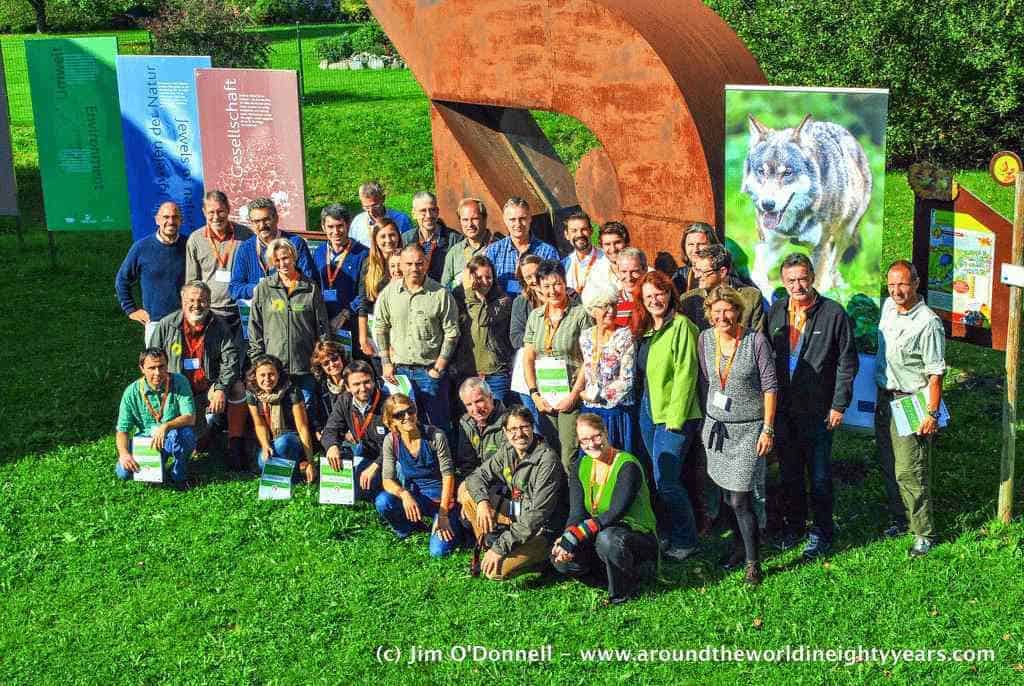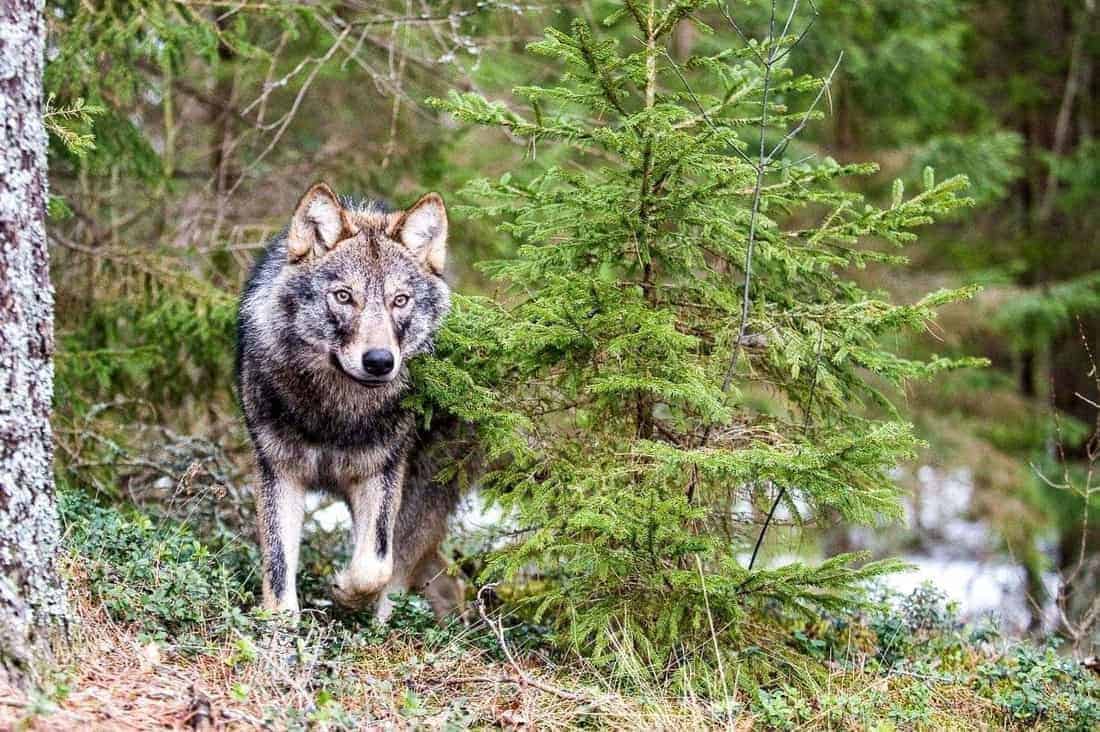A beautiful Wilderness journey: Thousands engaged during the first International Wilderness Week
Throughout the first International Wilderness Week, we have been exploring the essence, values and challenges of Wilderness. We are happy that the first International Wilderness Week was a fulll success. In addition to almost 100 presenters from 30 countries from all continents more than to 300 active wilderness advocates participated in person, reaching thousands of people on social media and our website with more than 30 000 impressions throughout the week. Our ongoing video campaign “Wilderness means to me” was already watched thousands of times and with other 2 000 engagements on Facebook alone under the hashtag #WildernessWeek.
The main topics of the first International Wilderness Week tried to answer such key questions as: What is Wilderness scientifically and especially for me personally? Why do we need Wilderness? What are the intrinsic values of Wilderness What role can and should we play in the future of Wilderness under the threat of climate change? Is more or less restraint needed when it comes to human intervention in nature and how can the public and volunteers be involved in this mission to protect Wilderness?
Wilderness provides a unique opportunity for the survival of wildlife, human well-being, and science to study ecosystems in their natural dynamic state. Disconnection from Wilderness is simply disconnection from our self. For humans, experiencing Wilderness means exploring the unfamiliar, the mysterious, but paradoxically also leaving the ego behind and connecting to our true core.
Developing wilderness in Asia
If we allow Wilderness to inspire us and allow ourselves to experience true Wilderness, we cultivate a stance that opens us to recognize the connectedness of all creatures. On Friday, we had the chance to explore this interconnectedness from many standpoints. In the morning, we talked about how understanding human psychology can support us to develop sustainable, nature-based tourism by Dr. Mahesh Sanzgiri from India. We listened to the challenges of owl conservation in Nepal and the fight against illegal wildlife trade. After that, Professor Vladimir Bocharnikov took us to the wildest corners of Russia. In the presentation of Zhang Qian, Manager of the WPCA Wilderness Specialist Group, she presented the development of wilderness protection in China, followed by details about Wilderness mapping in China, a country with great wilderness potential.
How do we benefit from Wilderness?
Moving further west, Dr. Simon King from the Wilderness Stewardship school showed us how Wilderness can offer each of us an essential experience towards self-fulfilness and inspire us to value it. We also touched on the subject of eco-health management and research communication in Majella National Park, Italy. Mazin Qumsiyeh, Professor at Bethlehem University, talked about successful and heartfelt efforts to protect wildlife in areas of conflict in Palestine. Closing the morning session, we discussed how counties can renew the idea of what a National Park is with a unique example from Finland.
In the afternoon, we focused on how Wilderness and mental health are connected. Jo Roberts, CEO of the Wilderness Foundation shared with us why nature is crucial for mental well-being and how we can engage people to step out of their offices and into the wild. Connected to that, we moved on to the importance of communication to evoke a connection of people and Wilderness and the Foundation for Natural Leadership showed how people in leadership roles can benefit from experiencing wild natural places.
When it was time to hop over to he Americas, we got an insight into the incredible cultural and natural biodiversity of Mexico. Later on, John Davis from Rewilding Earth and Vance Martin, president of the WILD Foundation, agreed that rewilding is a crucial action to expand Wilderness around the world. They showed us how rewilding in the United States is progressing and the status of Wilderness around the world. To round off the session, we joined Ralph Swain – Wilderness executive in the U.S. – who guided us through his job duties and we dove into different rain forests and iconic species who live there with filmmaker Marc Dragiewicz.
Wilderness is life insurance. But you don’t have to pay for it, you just have to protect it.

The big finale
We finished off this amazing Wilderness Week with a final closing session by our chairman Max Rossberg and John Hausdoerffer. After the final words on the true meaning and value of Wilderness, they thanked the great team behind the first International Wilderness Week for all their efforts.
Overall, the first International Wilderness Week was a full success. So many Wilderness advocates around the world connected, showed how many great projects are going on, and most importantly gathered ideas on how we can enhance our global efforts to protect and expand Wilderness. We are excited to announce that this will be not the last International Wilderness Week and that all presentations will be available soon to share the gathered knowledge with even more people around the world. So stay tuned!
International Wilderness Week ´21
The success of the first International Wilderness Week has inspired us to continue with the online format. This allows many wilderness advocates from around the world to participate in such an event without major costs or a large carbon impact. The International Wilderness Week ´21 will beheld online on the Vlado Vancura Wilderness Academy October 18-22, 2021 with distinct tracks focusing on Wilderness and Wildlife, Wilderness and its advocates including Volunteers, Wilderness Experience and Wilderness Research. Early registration will start in February 2021.








